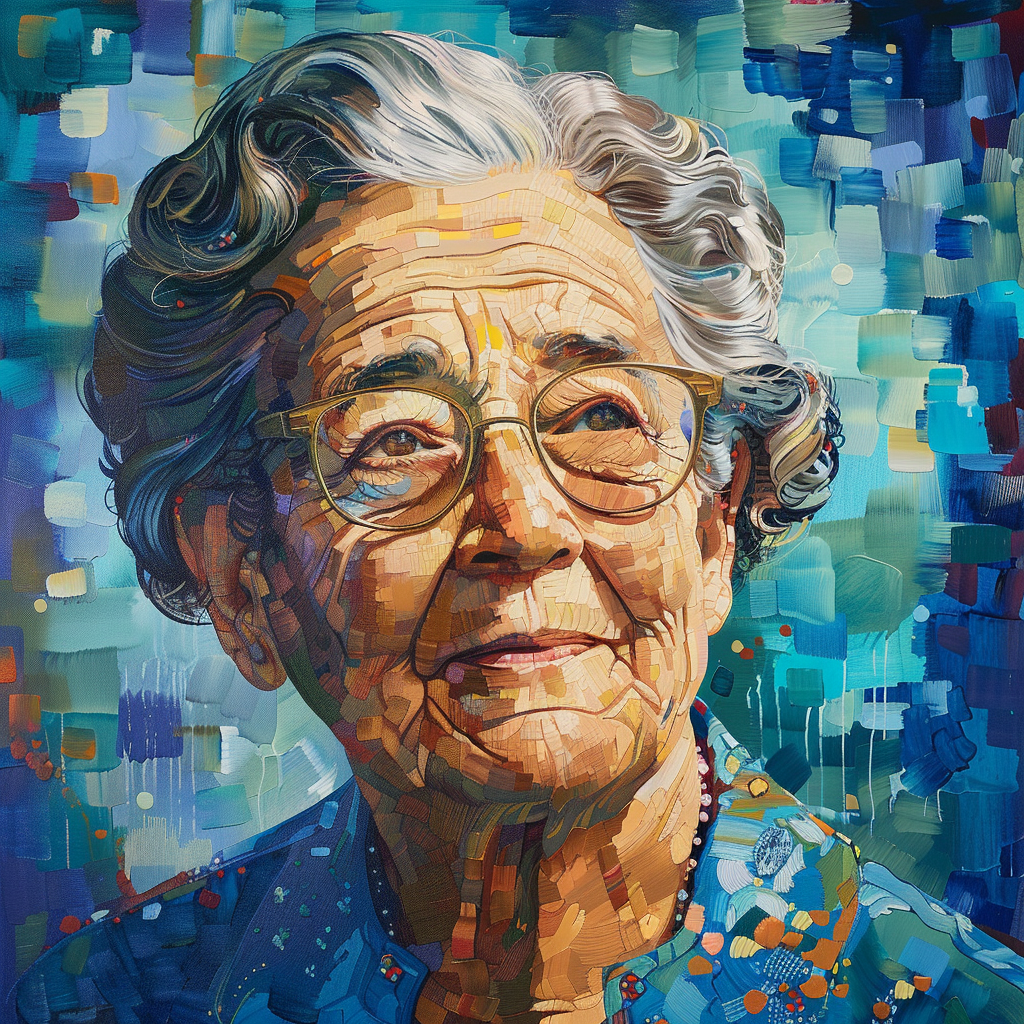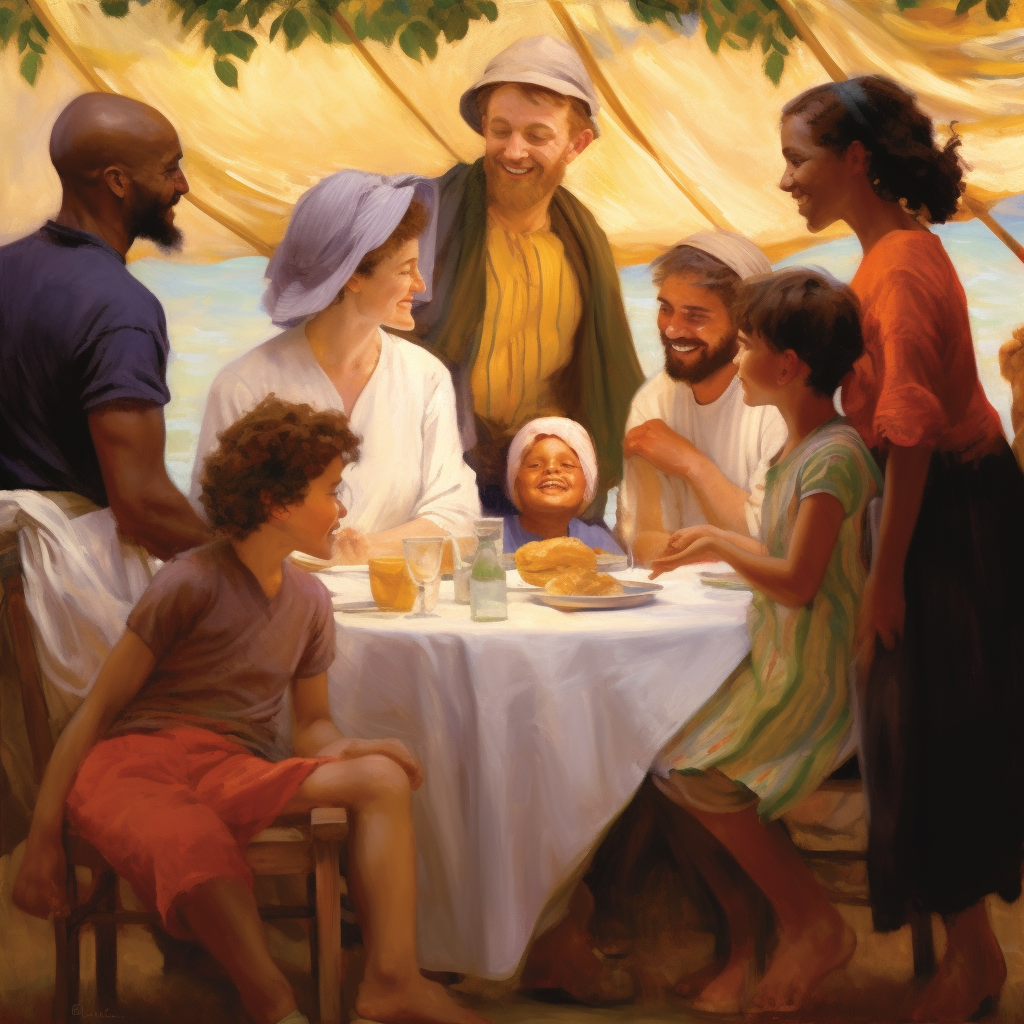Opening Verse
“Save me, O God; for the waters are come in unto my soul. I sink in deep mire, where there is no standing: I am come into deep waters, where the floods overflow me. I am weary of my crying: my throat is dried: mine eyes fail while I wait for my God.”
Psalm 69:1-3 KJV
Introduction
Life can sometimes feel overwhelming, like we’re drowning in our troubles. The psalmist in Psalm 69 knew this feeling well and cried out to God in his distress.
Devotional Story
Corrie ten Boom was a Dutch Christian who, along with her family, helped many Jews escape the Nazis during World War II. She was eventually caught and sent to a concentration camp. In the camp, Corrie experienced unimaginable suffering and loss, including the death of her sister. The conditions were horrifying, and the constant threat of death loomed over her.
One night, in the depths of despair, Corrie cried out to God, feeling completely abandoned and overwhelmed by her circumstances. She felt like she was sinking in deep mire, just as the psalmist described. But even in that darkest moment, Corrie held onto her faith, believing that God was with her. Despite the cruelty around her, she continued to pray and trust in God’s deliverance.
Miraculously, Corrie survived the concentration camp. After the war, she dedicated her life to spreading the message of forgiveness and reconciliation, sharing her story of faith and survival with the world. Her experiences, chronicled in her book “The Hiding Place,” have inspired countless people to trust in God during their darkest times.
What This Means
Just like Corrie ten Boom, we all face moments when we feel overwhelmed. Psalm 69 reminds us that it’s okay to cry out to God. It’s okay to admit that we need His help. When we feel like we’re drowning, God hears our cries and comes to our aid. Corrie’s story shows us that even in the most desperate circumstances, God’s presence and love can sustain us. Her unwavering faith in God’s goodness, even in the face of evil, is a powerful reminder that God never abandons us.
Think About This
- Have you ever felt like you were sinking under the weight of your problems?
- How did you find comfort and strength during those times?
- Are there areas in your life right now where you need to cry out to God for help?
- How can Corrie ten Boom’s story inspire you to trust in God’s saving power?
Prayer
Heavenly Father, we come to You feeling overwhelmed by our troubles. Just as the psalmist cried out for Your saving hand, we too ask for Your help. Lift us out of the deep waters and place us on solid ground. Strengthen us and give us hope. Thank You for the story of Corrie ten Boom, which reminds us of Your unwavering presence and love. Help us to trust in You, no matter how dark our circumstances may seem. In Jesus’ name, Amen.
Closing Verse
“But I will hope continually, and will yet praise thee more and more.”
Psalm 71:14 KJV


